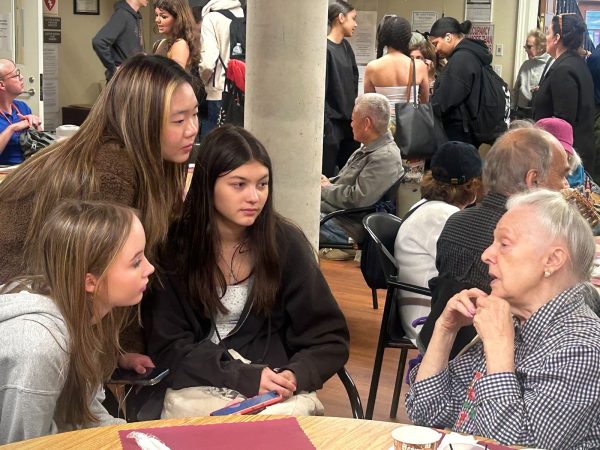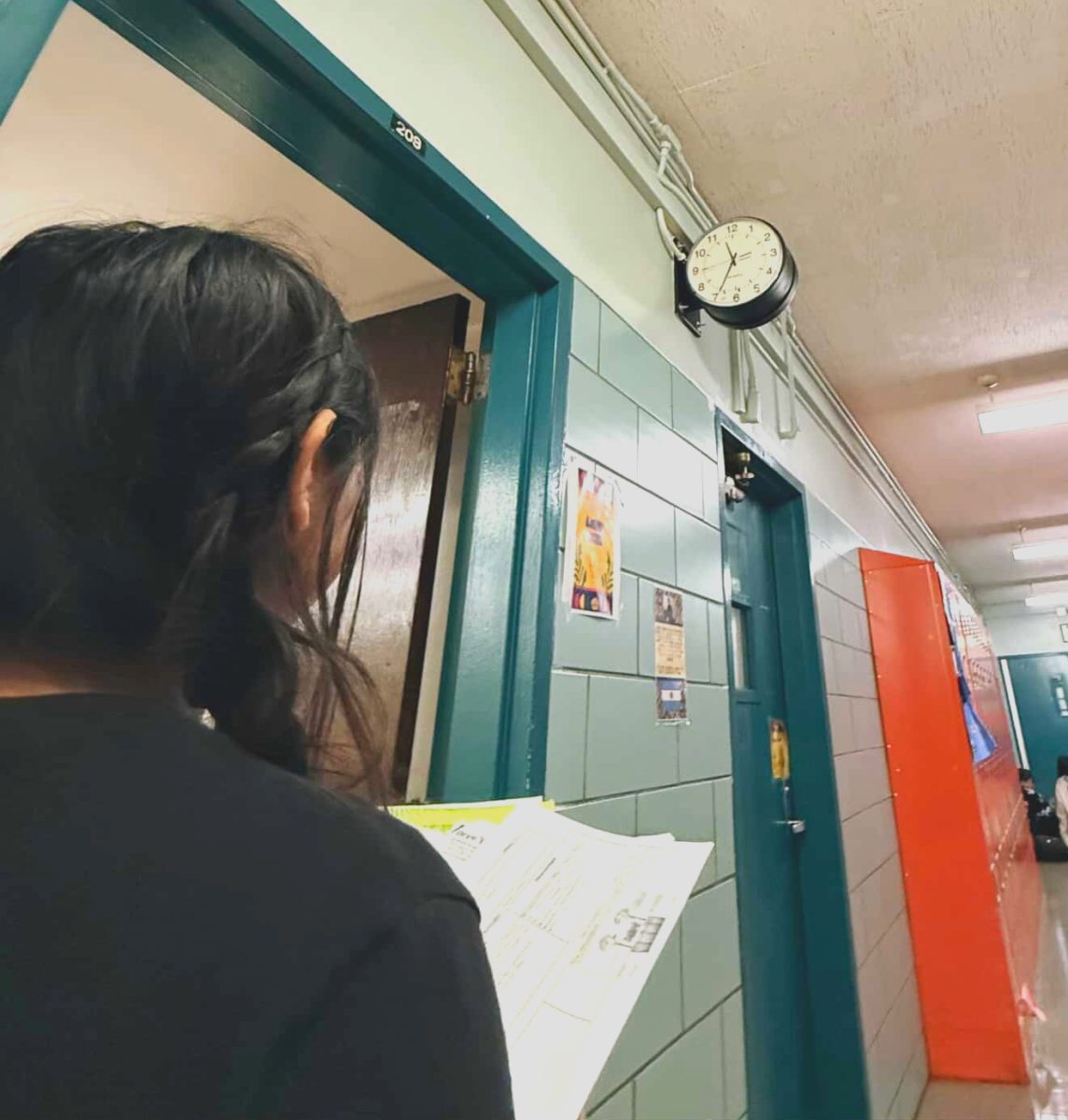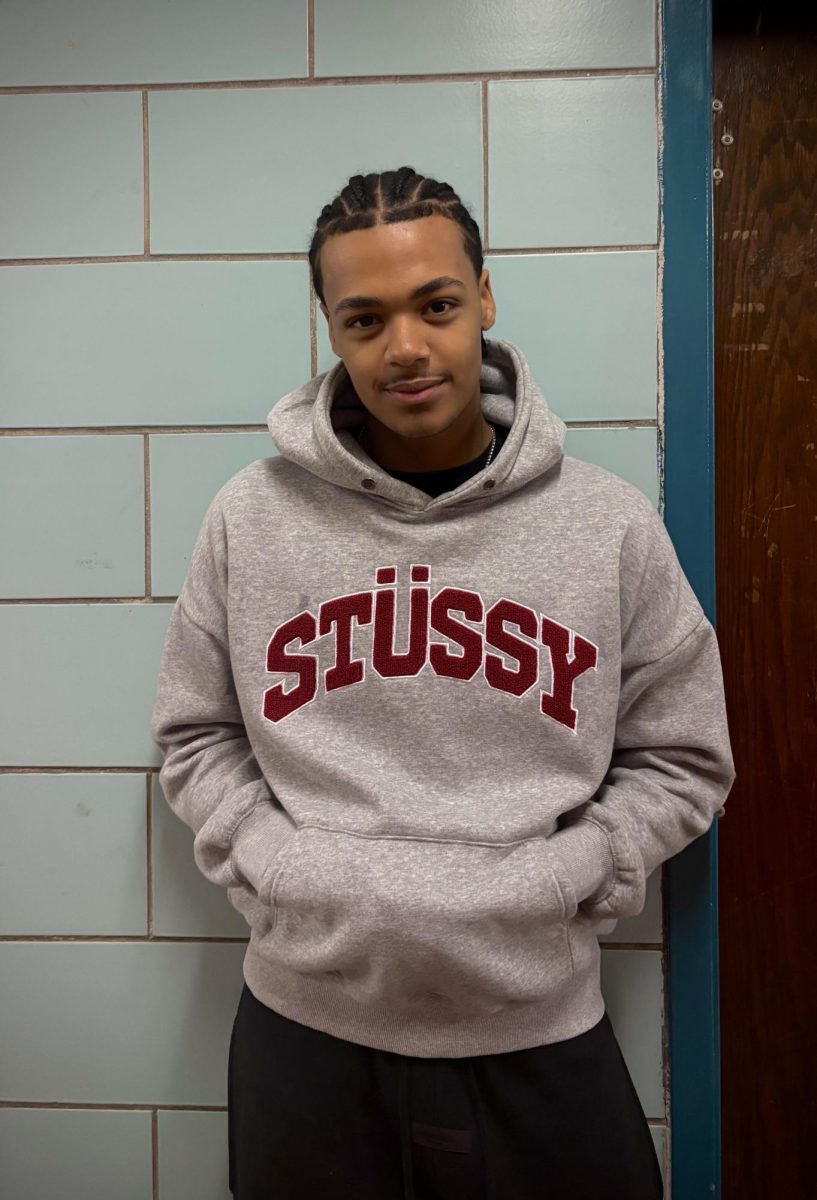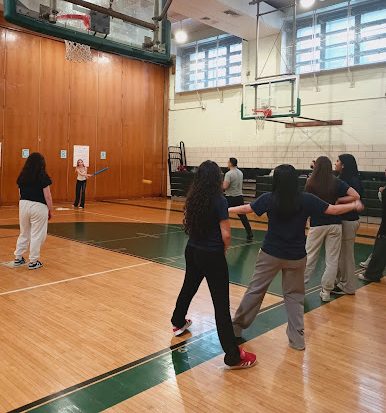When searching for people to interview about New York and the various experiences it brings to people living there, it’s often helpful to turn to the oldest, and consequently, the wisest, in our communities. We visited the Carter Burden Network Luncheon Club at 72nd Street the other day to speak with some seniors about their lives, both in New York and before, and met a woman who had an interesting story to tell and a lot to say. Her name is Nataliia, but her friends and family call her “Natasha” or “Nata”, she noted, and she’s an 85-year-old woman (86 next July, she pointed out) from Moscow, Russia, who immigrated to New York 35 years ago in search of economic opportunity and a better life, similar to many other people immigrating from Russia at the time. Eager to talk about her life in Moscow before immigrating here, she mentioned her relatives, who she said had many different professions: ranging from actors and singers to doctors and engineers. She also recounted her father, a doctor, who she said helped people get better until he was 90 years old.
Her memories from her childhood also include her mother teaching her English, at which point Natasha signaled with her hand horizontal to the floor, about three feet up, showing the young age she was when she learned. Russia, called the Soviet Union at the time, had many “different territories and different nationalities”, she recounted. When asked why she and her family left Russia, she responded with personal remarks: “Many people were leaving, many of my family members were dying, […] my mother was very ill.” “When I came to the United States”, she stated, “I was living, not just surviving.”
She remarked that she had many different professions when coming to New York, but the most remarkable and memorable one was helping immigrants, from Ukraine and Russia specifically, gain their American citizenship through teaching. This resonated with her because, as a Russian immigrant herself, she was able to give back to the community by helping people who were in the same situation as she was. Even in her old age, she continues to give back to her community in various ways, such as singing with other seniors in a choir and painting in her spare time for seniors.

When some of her family members returned to Russia, they brought with them books from America. “We didn’t have such books, wonderful books”, she notes. They also brought stories of Americans keeping cats and dogs in their homes, and American apartments containing rooms for individual people rather than all being common space. It is clear from what Natasha told us that the United States was extremely different from Moscow, which she made clear by saying that she never would’ve guessed America “would be like this”.
When wrapping up our conversation with Natasha, she took my hand and squeezed firmly, as if trying to transfer information that had not had enough time to be said through my skin. Natasha’s takeaway for us was this: “Russian people are not bad people. The government is bad, but not the people.”

























